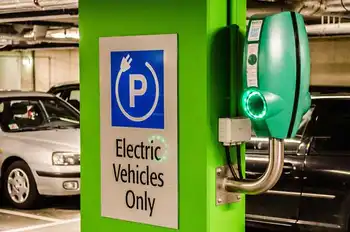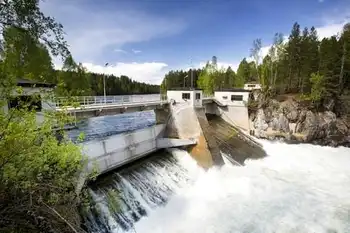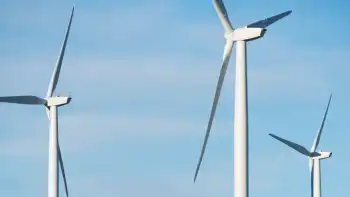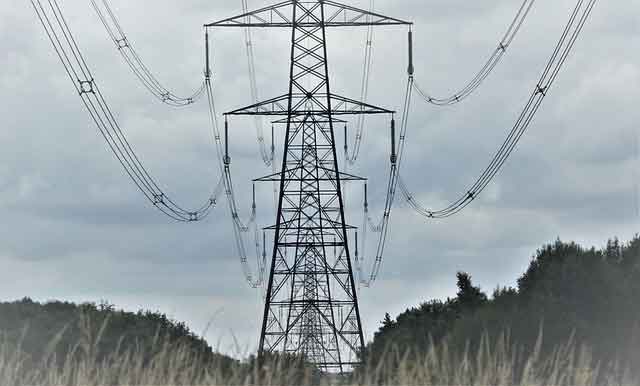How much energy does Googling burn?
By Globe and Mail
NFPA 70e Training
Our customized live online or in‑person group training can be delivered to your staff at your location.

- Live Online
- 6 hours Instructor-led
- Group Training Available
Until now, it was a rarely pondered question: Between the virtual bookends of someone searching for revealing pictures of Lindsay Lohan online and a search engine producing said pictures, how much energy is consumed?
Thanks to an Internet mini-controversy, inquisitive minds now have a pretty good approximation: 0.0003 kilowatt hours.
A recent story in The Sunday Times of London focused on the research of Harvard University physicist Alex Wissner-Gross, who studies the energy use associated with Internet search engines. Apparently taking some liberties with the scientist's work, the story claimed that two Google searches produce roughly the same amount of carbon dioxide as boiling a kettle for a cup of tea.
Dr. Wissner-Gross quickly shot back, telling a technology website that his work has nothing to do with the ubiquitous search engine and that his findings instead showed it takes an average of 20 milligrams of carbon dioxide a second to visit a website - no mention of Google; no mention of kettles. By then, however, the blog mill had already caught on to the story, and the Web was abuzz with musings about the link between dead trees and search results.
However, the most interesting response to the story came from Google itself, which went about analyzing exactly how much energy a single search uses.
Urs Hölzle, Google's senior vice-president of operations, countered on the company's official blog that the average search time is about 0.2 seconds, meaning the servers that do the heavy lifting work on a query for only thousandths of a second. Mr. Hölzle said that in the time it takes to run a Google search, the user's personal computer consumes more energy than the company does to answer the query.
In addition to the work performed before the search request, Mr. Hölzle produced an estimate of 0.0003 kilowatt hours of energy for each search, equivalent to about one kilojoule.
"For comparison, the average adult needs about 8,000 kJ a day of energy from food, so a Google search uses just about the same amount of energy that your body burns in 10 seconds," Mr. Hölzle wrote.
While the numbers make for interesting hypothetical arithmetic, it is the speed with which Google produced them that is perhaps more telling. Google's energy consumption aside, the company's co-founders, Larry Page and Sergey Brin, are known for their support of myriad environmental initiatives, and Google wasted little time responding to The Sunday Times's article.
The company also provided an estimate of how much carbon dioxide a single search is equivalent to: 200 milligrams. Using tailpipe emission standards, Mr. Hölzle estimated that an average car driven one kilometre generates as many greenhouse gasses as 1,000 Google searches.
Mr. Hölzle did not mention that Google's websites receive hundreds of millions of search requests a day. However, even those numbers don't bring the company anywhere near the energy consumption of firms in other industries, such as automotive or manufacturing. And Mr. Hölzle does point out that, before the Internet age, recovering information would have involved travelling to the local library and looking it up.











